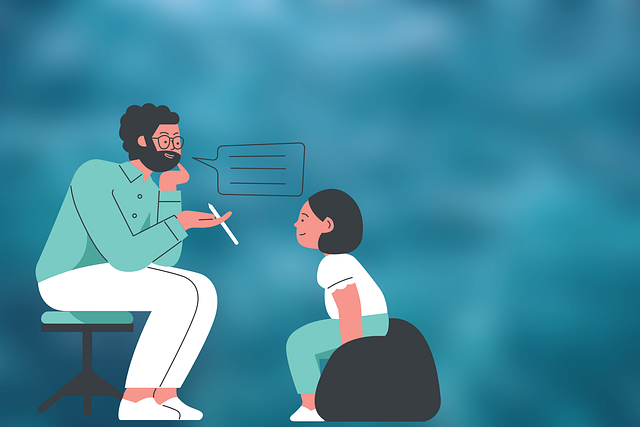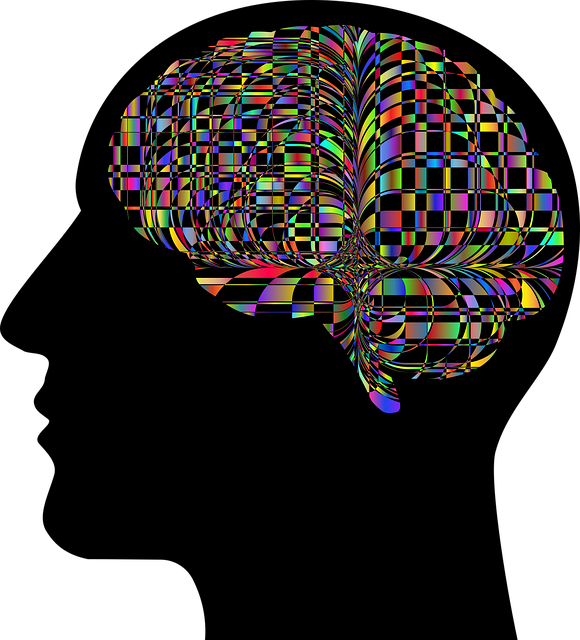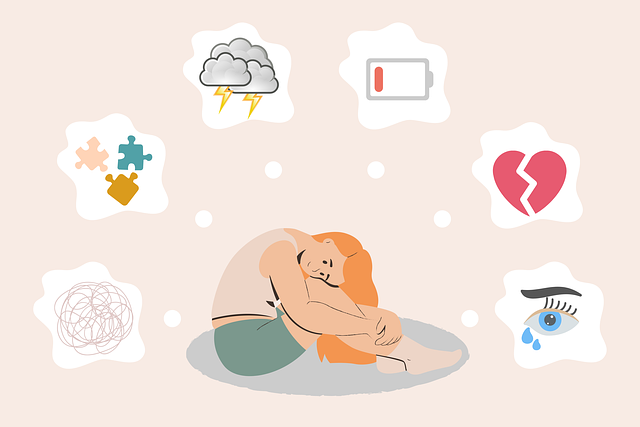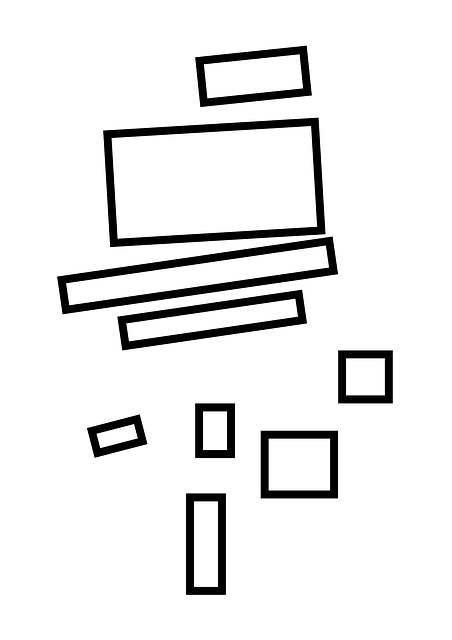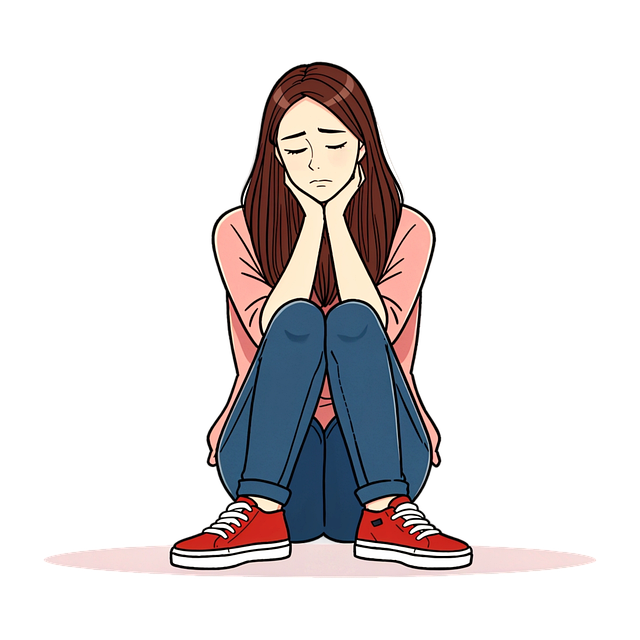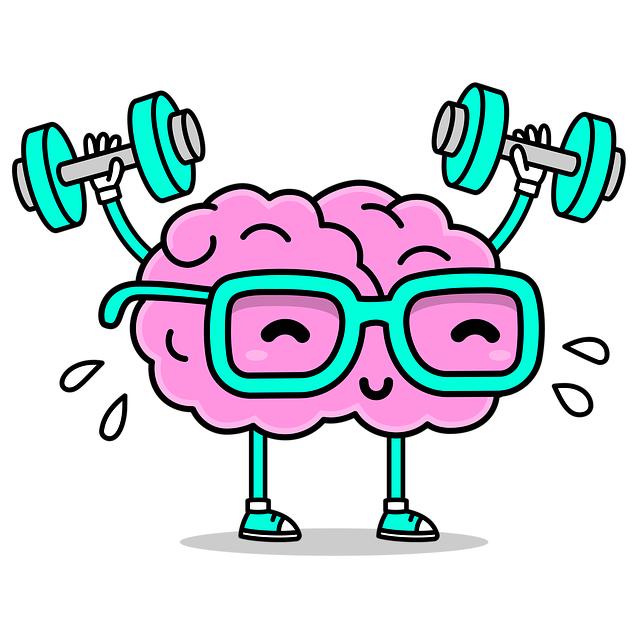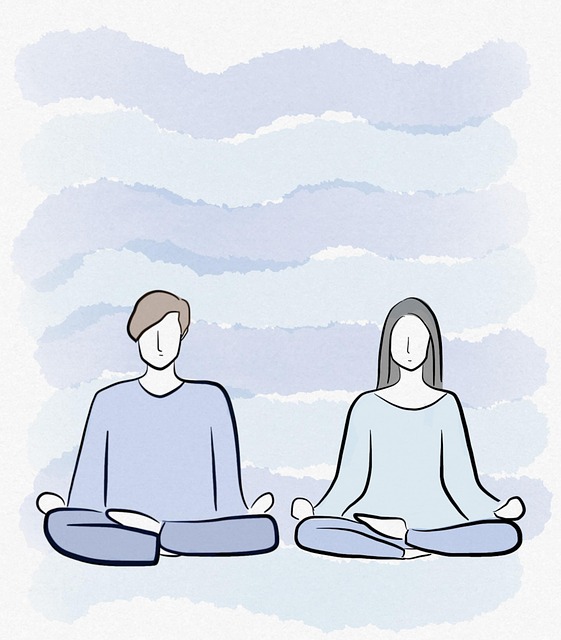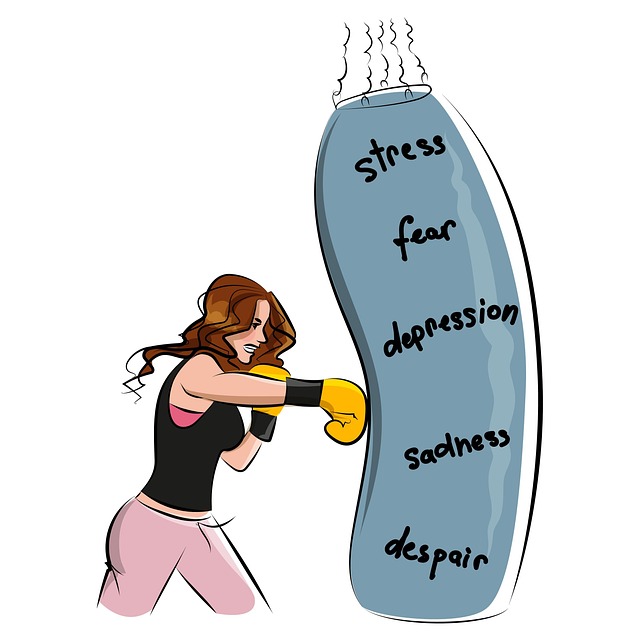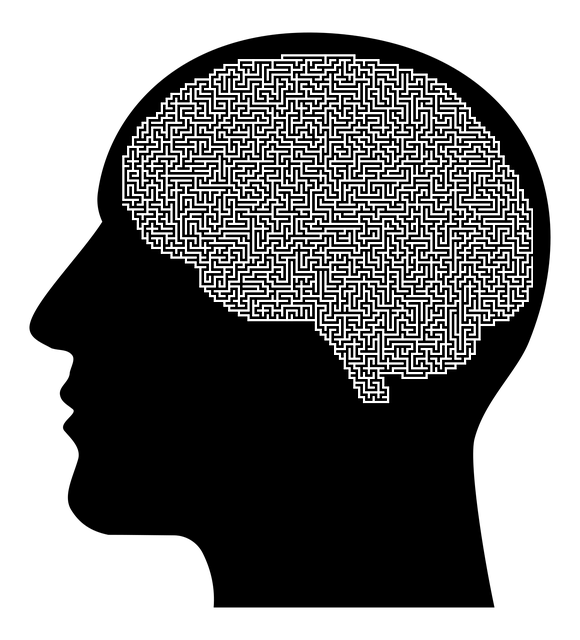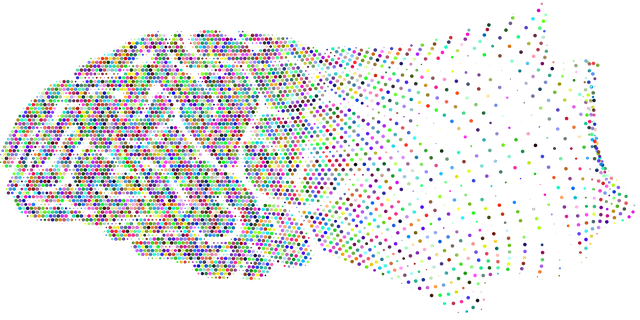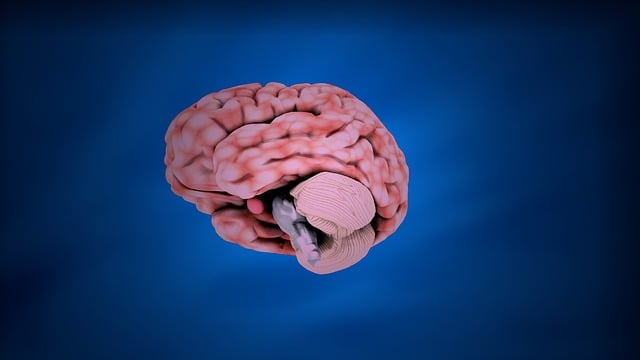Aurora Dissociative Disorder (ADD) is a complex mental health condition triggered by trauma, characterized by dissociation and fragmented memories. Effective treatment involves specialized therapy focusing on self-awareness, emotional regulation, and resilience-building. The Resourceful Facilitation Method (RFM), combining positive thinking, compassion cultivation, and conflict resolution, is a powerful tool within ADD therapy. Resilience-focused mindfulness techniques, including journaling exercises, promote trauma processing, self-awareness, and lasting coping mechanisms. Trauma support services integrating RFM have demonstrated success in empowering individuals to navigate challenges effectively and regain control over their lives.
“Uncovering the transformative power of RFM (Resilience, Flexibility, and Mastery) in addressing Aurora Dissociative Disorder (ADD), this article delves into an innovative therapy approach. We explore how RFM, as a comprehensive framework, empowers individuals to navigate their symptoms effectively. Through a structured exploration of resilience-building exercises, we uncover strategies for clinical success and patient growth. By integrating these practices, therapists can facilitate profound changes, enhancing the management of ADD and promoting overall well-being.”
- Understanding Aurora Dissociative Disorder and its Impact
- The Role of RFM in Therapy: A Comprehensive Approach
- Designing Resilience-Building Exercises for Effective Treatment
- Implementing RFM: Strategies for Clinical Success and Patient Growth
Understanding Aurora Dissociative Disorder and its Impact

Aurora Dissociative Disorder (ADD) is a complex mental health condition that significantly impacts an individual’s ability to connect with their inner self and navigate life experiences seamlessly. It involves episodes of dissociation, where individuals may feel disconnected from their thoughts, feelings, or surroundings. This disorder can stem from traumatic events, leading to the brain’s protective mechanism creating distinct states of consciousness to avoid painful memories or emotions.
Understanding ADD is crucial for mental wellness practitioners as it requires a specialized approach in therapy. Traditional treatments often focus on integrating fragmented memories and emotions while enhancing self-awareness and regulating distressing symptoms. Healthcare provider cultural competency training plays a vital role here, ensuring professionals are equipped to offer support tailored to each individual’s unique experiences. Through these exercises, clients can develop inner strength, fostering resilience and a deeper connection with their authentic selves.
The Role of RFM in Therapy: A Comprehensive Approach

In the realm of Aurora Dissociative Disorder Therapy, Resourceful Facilitation Method (RFM) emerges as a comprehensive approach aimed at bolstering resilience and enhancing therapeutic outcomes. RFM integrates various exercises designed to cultivate positive thinking, promote compassion cultivation practices, and facilitate conflict resolution techniques. These strategies are meticulously crafted to help individuals navigate their internal landscapes, fostering a sense of stability and control in managing dissociative symptoms.
Through structured RFM exercises, therapy participants gain practical tools for enhancing self-awareness, improving emotional regulation, and cultivating coping mechanisms that transcend the challenges posed by dissociative disorders. By integrating these practices into therapeutic routines, Aurora Dissociative Disorder Therapy offers a holistic framework that not only addresses symptoms but also empowers individuals with the skills to thrive in their daily lives, fostering resilience in the face of adversity.
Designing Resilience-Building Exercises for Effective Treatment

Resilience-building exercises are an integral part of Aurora Dissociative Disorder Therapy, designed to empower individuals and help them navigate life’s challenges with greater strength and adaptability. These exercises go beyond traditional talk therapy by incorporating practical strategies that foster emotional agility and coping mechanisms. The key to effective treatment lies in tailoring these exercises to meet the unique needs and experiences of each client.
Healthcare providers play a pivotal role in this process, utilizing their expertise to create safe spaces where individuals can explore and confront past traumas, build confidence, and develop empathy-driven strategies. By incorporating cultural competency training into their practice, therapists ensure that resilience-building exercises are inclusive and respectful, addressing the diverse backgrounds and perspectives of those seeking treatment. This holistic approach not only enhances the effectiveness of therapy but also paves the way for long-lasting personal growth and improved overall well-being.
Implementing RFM: Strategies for Clinical Success and Patient Growth

Implementing RFM (Resilience-Focused Mindfulness) therapy techniques offers a promising approach to enhancing mental wellness and fostering growth among patients dealing with complex conditions, such as Aurora Dissociative Disorder. This therapeutic framework shifts the focus towards building resilience, empowering individuals to navigate challenges more effectively. By integrating mindfulness exercises tailored for specific needs, practitioners can provide targeted support that goes beyond traditional talk therapy.
For clinical success, incorporating mental wellness journaling exercise guidance within RFM can prove invaluable. Encouraging patients to reflect on their experiences and emotions in a structured journal promotes self-awareness and offers a safe space for processing trauma. Additionally, these practices contribute to stigma reduction efforts by normalizing the act of expressing vulnerability and cultivating resilience. Trauma support services that incorporate RFM techniques have shown promising outcomes, helping individuals regain a sense of control and develop coping mechanisms that extend beyond the therapy room.
Aurora Dissociative Disorder (ADD) significantly impacts individuals’ daily lives, making comprehensive therapy essential. The Resource, Facilitation, and Motivation (RFM) model offers a powerful framework for addressing ADD symptoms. By integrating tailored resilience-building exercises, therapists can enhance treatment effectiveness. Implementing RFM strategies not only promotes clinical success but also fosters patient growth and improved coping mechanisms. For healthcare professionals, embracing this approach promises transformative results in managing Aurora Dissociative Disorder therapy.
